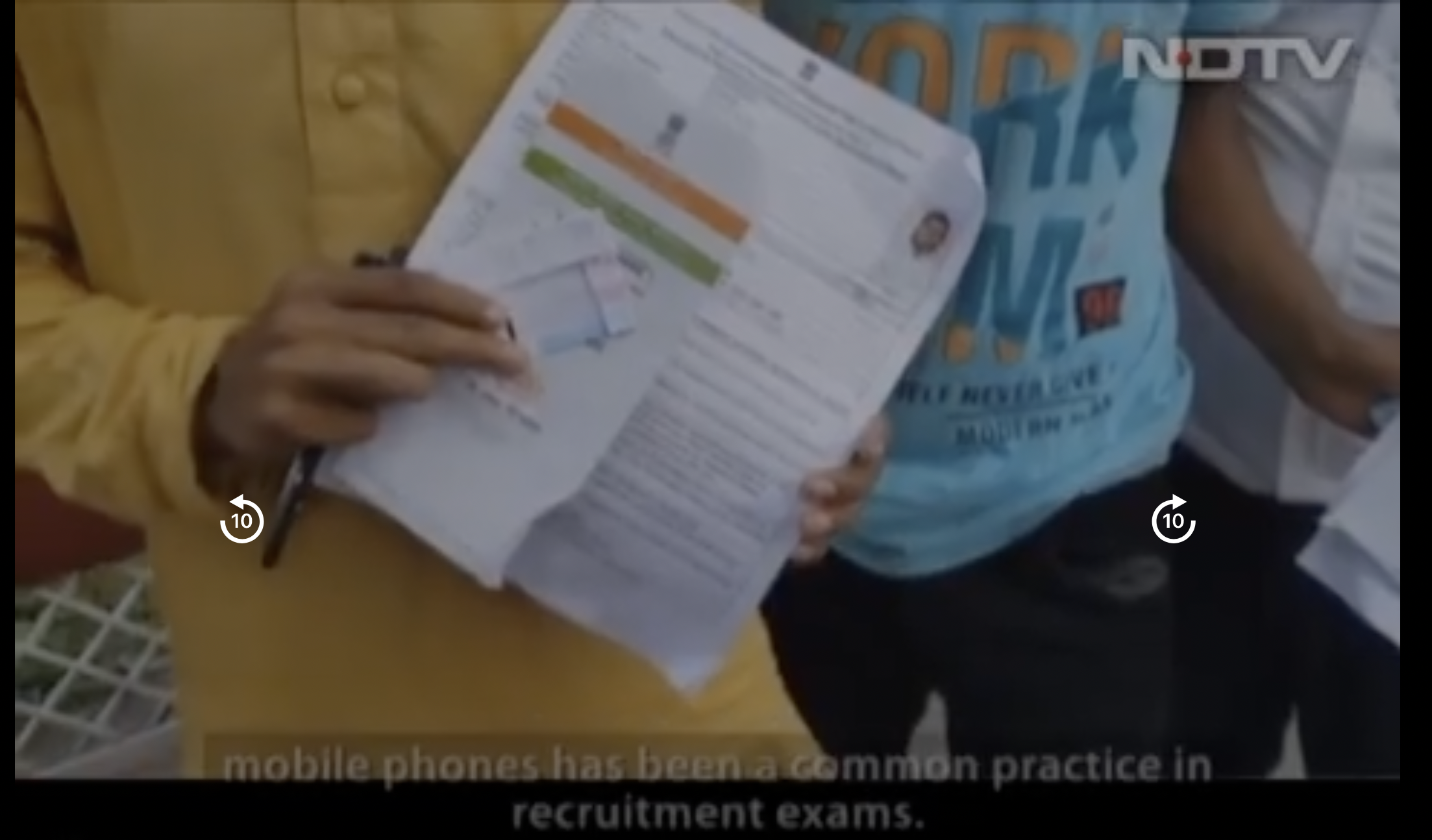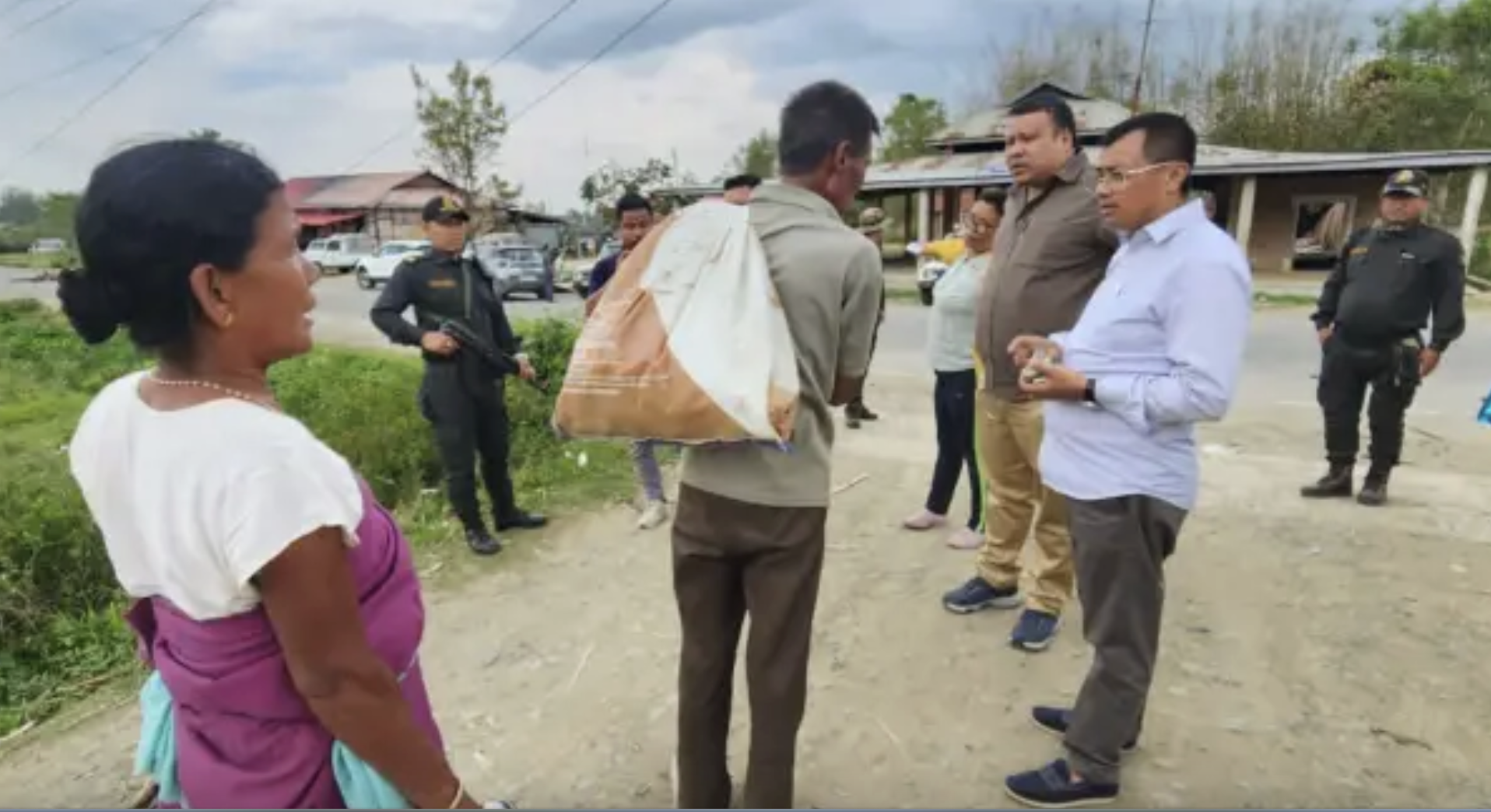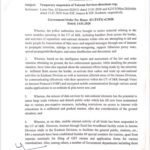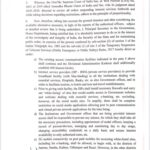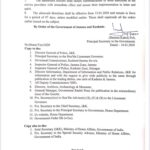Kashmir Internet ban to continue, Nodal officers to check usage on a daily basis
Internet restrictions on people of the Kashmir valley will continue with some additional facilities thrown in for citizens to access the Internet but under heavy and daily supervision!
As expected, the Jammu and Kashmir government conducted its ‘review’ of all orders (within four days of the Supreme Court order directing it to do so) regarding the suspension of Internet facilities.
The review, such as it is, is the first ever official order on the ban on the Internet. For the last 163 days, since the ban came into effect on August 4, 2019, there has been NO official notification or order about the ban. Even in the hearings before the Supreme Court in the wake of the petition filed by Kashmir Times Executive Editor Anuradha Bhasin, the J & K government did not submit a single order…clearly because there wasn’t one.
Now, in this Government Order issued on Jan 14, 2020, formal directives were issued to increase the number of internet kiosks to 400, broadband facilities be provided in government offices, hospitals and , in order to facilitate tourism, in all hotels and tour and travel establishments.
The order comes into effect on Jan 15, 2020 and will be reviewed every seven days. Here’s what it says:
Whitelisting and firewalls will be put in place and ensure that restrictions on social media communication sites will continue.
Nodal officers will be appointed who will be tasked with:
1. Keeping a record of persons/devices
2. Managing and monitoring day to day usage
3. Changing accessibility credentials on a daily basis
4. Ensure Internet facilities are available to authorised users
(The order does not specify who qualify as ‘authorised users’)
The directives also say that 2G mobile connectivity on post-paid devices will continue in Jammu, Samba, Kathua, Udhampur and Reasi districts. Mobile connectivity in the other districts will continue to be suspended.
Here is the government order:
Not even a sop!
The Internet ban and even this so-called easing , by providing additional Internet kiosks, is still a controlled and uni-directional provision of facilities to access the Internet. The 400 kiosks are simply too inadequate for a population of seven million. It privileges those who can actually travel to the kiosks by private transport since public transport is still under a lockdown.Children, students and women will be left out completely.
The kiosks will be in government offices and e-commerce places for travel and tourism. Interestingly, the media is not seen as a site of ‘commerce’ , leave alone necessary for the free and uncensored dissemination of news – which of course the Internet ban has curbed most effectively, though the Supreme Court of India doesn’t think so.
In an excellent and alarming documentation of the economic woes of the people of Kashmir because of this prolonged lockdown, the Kashmir Chamber of Commerce came out with this report.
Click here to download full report : The Kashmir Chamber of Commerce and Industry
Its a short report and deserves to be read in full. But this is more than pertinent:
The agenda of development itself, in view of the existing situation and the injured financial condition of locals, would only appear to be segregationist and predatory in nature. An environment requiring a heavy presence of troops armed to the teeth, curtailment of basic liberties and choking regulation which has left Kashmiri’s reeling cannot be conducive for their development. Before the local stakeholders can think about development, it would reasonable to expect that a proper environment is created for debate, dialogue and discussions.
This entails the immediate release of prisoners representing the political, constitutional, religious, civil and business leadership of Kashmir and the youth held captive since more than four months and lifting of all curbs. The question that needs to be asked is who is the beneficiary of a situation of conflict and what purpose is served by ruination of Kashmir’s economy.
Who indeed?
Internet Control
Related
